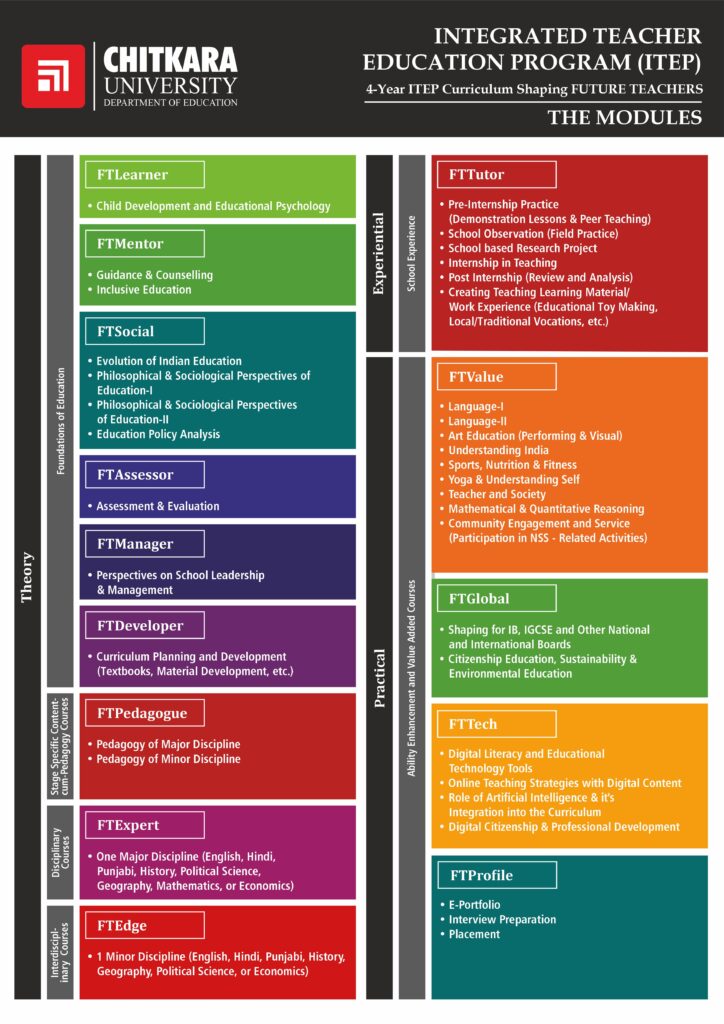Department of Education Courses: A Complete Guide to Boosting Your Future
Education is the backbone of every society, and teachers are the ones who shape future generations. But to become a great educator, proper training and skills are essential. That’s where Department of Education courses come in. These courses are designed to prepare individuals to teach, lead, and innovate in the education sector. Whether you’re dreaming of becoming a teacher, upgrading your skills, or shifting careers into education, these programs can open countless doors.
Understanding Department of Education Courses
- What Are Department of Education Courses?
- Why They Matter in Today’s World
Categories of Department of Education Courses
- Teacher Training and Certification
- Early Childhood Education Courses
- Secondary and Higher Education Programs
- Adult Education and Lifelong Learning
- Online and Distance Learning Options

Understanding Department of Education Courses
What Are Department of Education Courses?
Department of Education courses are structured training programs offered by educational institutions or government bodies to train future educators. They focus on teaching strategies, classroom management, child psychology, curriculum development, and more.
Why They Matter in Today’s World
In a fast-changing world, the role of an educator has expanded. Teachers are no longer just instructors; they are mentors, guides, and innovators. Education courses ensure that educators stay updated with the latest teaching methods and technology-driven learning tools.
Categories of Department of Education Courses
Teacher Training and Certification
This is the most popular category, aimed at individuals who want to enter the teaching profession. Courses typically include pedagogy, classroom management, and student psychology.
Early Childhood Education Courses
These programs focus on children between ages 0-8. They cover child development, learning through play, and building foundational literacy and numeracy skills.
Secondary and Higher Education Programs
For those who want to teach older students, these courses provide subject-specific training, research skills, and advanced teaching methodologies.
Adult Education and Lifelong Learning
Education doesn’t stop at school. These courses cater to adults looking to finish high school, learn new skills, or shift careers.
Online and Distance Learning Options
With technology, education is no longer confined to classrooms. Many institutions offer accredited online education courses that provide flexibility for working professionals.
Teacher Training and Certification
- Importance of Teacher Training
- Common Teacher Certification Programs
- Benefits for Aspiring Teachers
Early Childhood Education Courses
- The Value of Early Childhood Education
- Key Skills Taught in These Programs
- Career Opportunities
Secondary and Higher Education Programs
- Specializations Available
- Role in Preparing Educators for Advanced Teaching
- Opportunities in Research and Development
Adult Education and Lifelong Learning
- What Is Adult Education?
- Popular Courses for Career Shifts
- Upskilling for Professionals
Online and Distance Learning Opportunities
- Rise of E-Learning in Education
- Popular Online Platforms
- Flexibility and Accessibility
Benefits of Department of Education Courses
- Professional Growth and Development
- Expanding Career Options
- Contribution to Society
How to Choose the Right Course
- Aligning with Career Goals
- Accreditation and Recognition
- Duration and Cost Considerations
Global Perspective on Education Courses
- Comparing Courses Across Countries
- International Opportunities
Challenges in Department of Education Courses
- Common Barriers to Entry
- Financial Challenges
- Overcoming Time Constraints

Tips for Success in Education Courses
- Effective Study Habits
- Networking with Educators
- Using Technology for Learning
Future of Department of Education Courses
- Technological Advancements
- Demand for Specialized Educators
- Blended Learning Approaches
Conclusion
The world needs educators now more than ever. By pursuing Department of Education courses, you’re not just building a career—you’re shaping the future of entire generations. These programs give you the knowledge, confidence, and credibility to excel as a teacher, mentor, or education leader.
FAQs
1. What qualifications do I need to join Department of Education courses?
Most courses require at least a high school diploma, while advanced programs may need a bachelor’s degree.
2. Are online education courses recognized?
Yes, many accredited online platforms and universities offer globally recognized programs.
3. How long do these programs usually take?
It varies. Certificates may take a few months, while degrees may take 2–4 years.
4. Can these courses help in international teaching careers?
Absolutely. Many certifications are accepted worldwide, making global teaching possible.
5. Which is the best Department of Education course for beginners?
A Bachelor of Education (B.Ed) or a foundational teacher training program is a great starting point.




